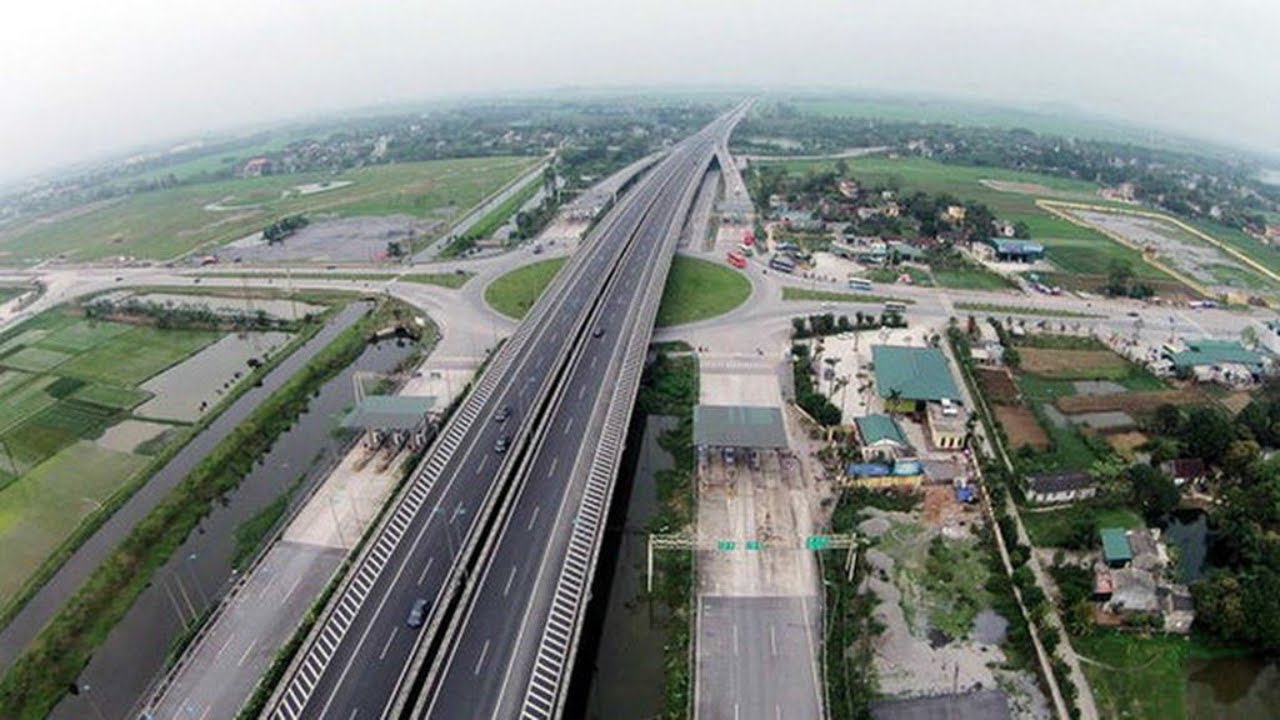Vietnam's new law on public private investment (PPP) would include guarantee systems on foreign currency exchange and a risk-sharing mechanism to attract foreign investors, according to Nguyen Duc Trung, vice minister of Planning and Investment.

The move is aimed to promote private investors taking part in government projects, which are in need of resources for efficient implementation, Trung said at a monthly government’s press briefing on September 4.
The draft version of the law is being submitted to the National Assembly, which is scheduled for discussion at its 8th meeting in the upcoming October and approval at the 9th meeting in May 2020, the official said.
In spite of shortcomings in PPP projects over the last few years, the model has contributed to the improvement of Vietnam’s infrastructure systems for economic development, Trung stated.
Previously, a number of foreign business organizations have raised concern over potential risks related to PPP model in Vietnam.
Tomaso Andreatta, vice chairman of European Chamber of Commerce in Vietnam (EuroCham), said the PPP law must build a permanent relationship of trust and clear rules between the government of Vietnam and the companies and markets.
Andreatta pointed to “two legacies” of the past that need to be surpassed if PPP is ever to work at scale in Vietnam: It has to be clear that PPP projects are hybrid and not government projects, so they are mostly subject to normal legislation, and the concept that “what is not regulated cannot exist” does reduce the scope for the imagination of companies to resolve problems.
Chairman of the Japanese Chamber of Commerce and Industry (JCCI) Nobufumi Miura expected the “government clarifies the risk allocation between the government and the private party and provides comprehensive support for private party to ensure a reasonable return from investment.”
The representative of the American Chamber of Commerce (AmCham) stated 76% of all FDI in Vietnam went into three sectors namely manufacturing, real estate, and retail trade, expecting the foreign investment to go to development of key infrastructure in Vietnam.
According to the Global Infrastructure Outlook, Vietnam will need over US$600 billion to reach its infrastructure goals by 2040.
“While the government does not have that amount of money, there are trillions of dollars of global capital looking for stable long-term investment,” said the AmCham representative.
The Asian Development Bank estimated Vietnam would need at least US$16.7 billion on average for the 2015 – 2025 period to cover capital needs for infrastructure development.
Meanwhile, the World Bank suggested the figure could rise to US$25 billion per year, much higher than the average investment capital in the 2011 – 2015 period.


















